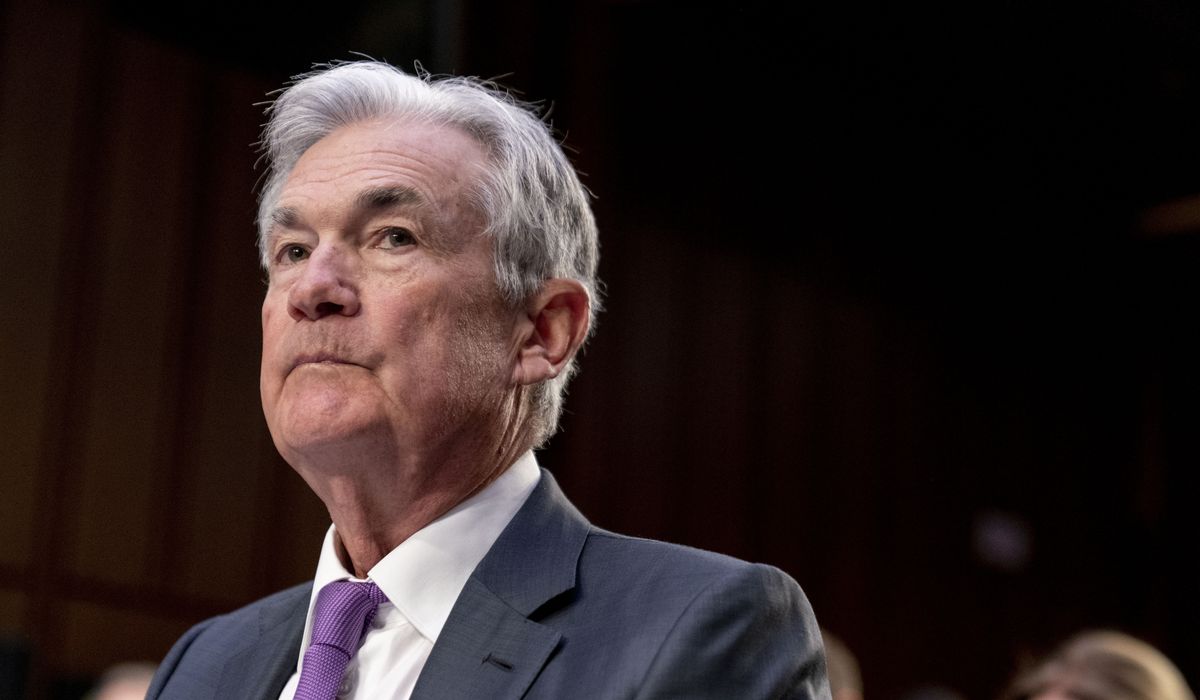


Federal Reserve Chairman Jerome Powell told lawmakers Tuesday that the central bank is likely to keep raising interest rates higher than previously expected to combat stubbornly high inflation.
Testifying to the Senate Banking, Housing and Urban Affairs Committee, Mr. Powell said the economy is showing signs of reversing recent gains, with inflation “running higher than expected.” The inflation rate in January was 6.4%, down from its historic peak of 9.1% last June but still well above the Fed’s target of 2%.
“Although inflation has been moderated in recent months, the process of getting inflation back down to 2% has a long way to go,” Mr. Powell said. “The ultimate level of interest rates is likely to be higher than previously anticipated.”
Stocks traded lower on his remarks, with the Dow Jones Industrial Average losing about 0.8% in morning trading.
The Fed already has raised its benchmark interest rate at the fastest pace in four decades, to about 4.6%, the highest in 15 years. The actions and inflation have raised persistent concerns of a recession.
Mr. Powell said unemployment remains near an all-time low of 3.4%, indicating that the labor market can withstand more interest-rate hikes.
Several Fed officials said last week that they would favor raising the Fed’s key rate above the 5.1% level they had projected in December if growth and inflation stay elevated. When the Fed raises its key rate, it typically makes mortgages, auto loans, credit cards and business lending more expensive. It’s a trend that can slow spending and inflation but also risks sending the economy into a recession.
Sen. Tim Scott of South Carolina, the top Republican on the panel, said overspending by Democrats in Washington has led to the problems with the economy, particularly high inflation.
“Spending and printing trillions of dollars, caving to the radical left in this country … led to the worst inflation in 40 years,” Mr. Scott said. “That progressives in this country who caused 9.1% inflation would turn somewhere besides in the mirror to see the absolute devastation caused by their out-of-control spending is incredible.”
Chairman Sherrod Brown, Ohio Democrat, blamed corporate greed for inflation and said policymakers must find other ways besides raising interest rates to bring down inflation.
“Not only will higher interest rates not solve it; if they’re overdone, they’ll make it worse,” Mr. Brown said.
• This article is based in part on wire service reports.
• Dave Boyer can be reached at dboyer@washingtontimes.com.
